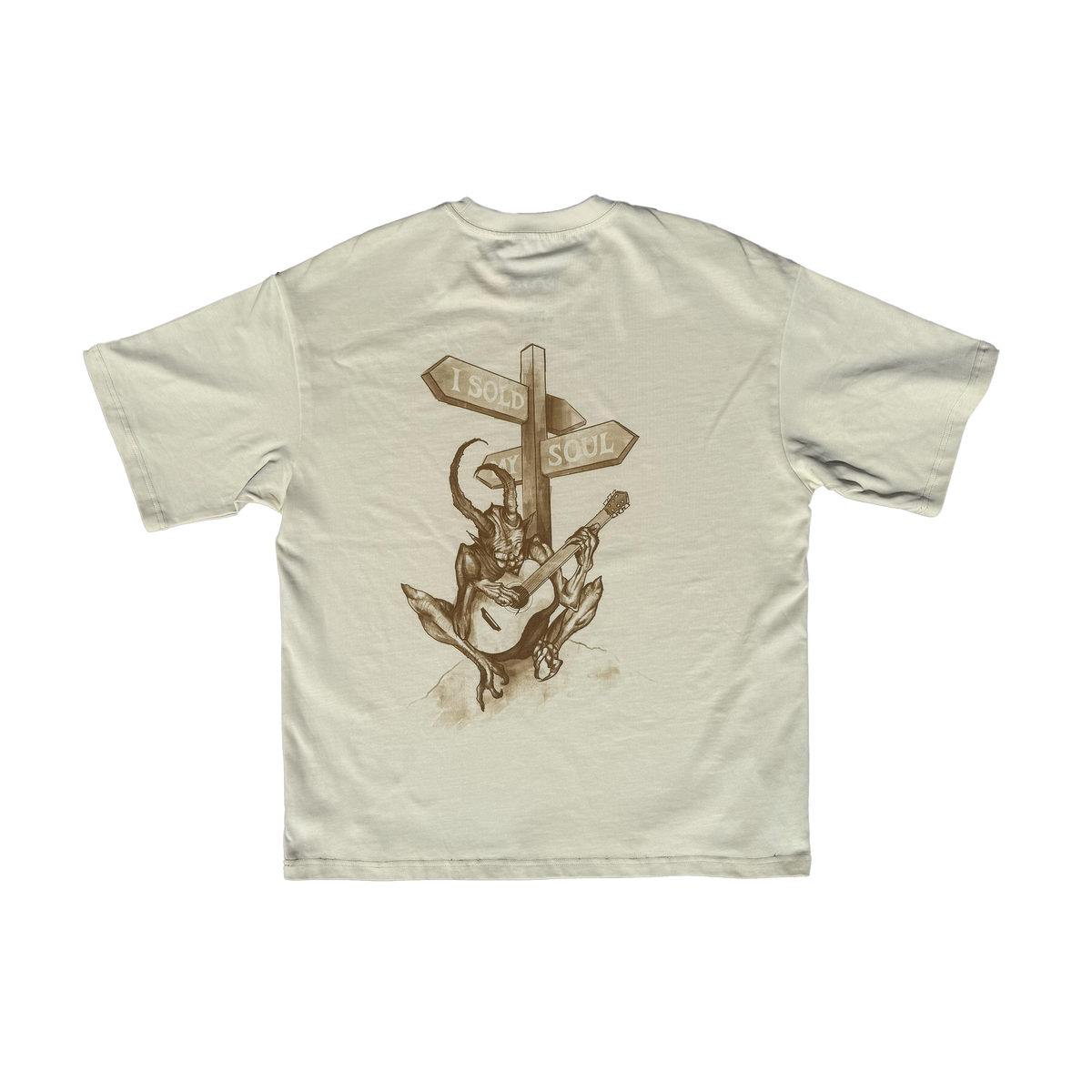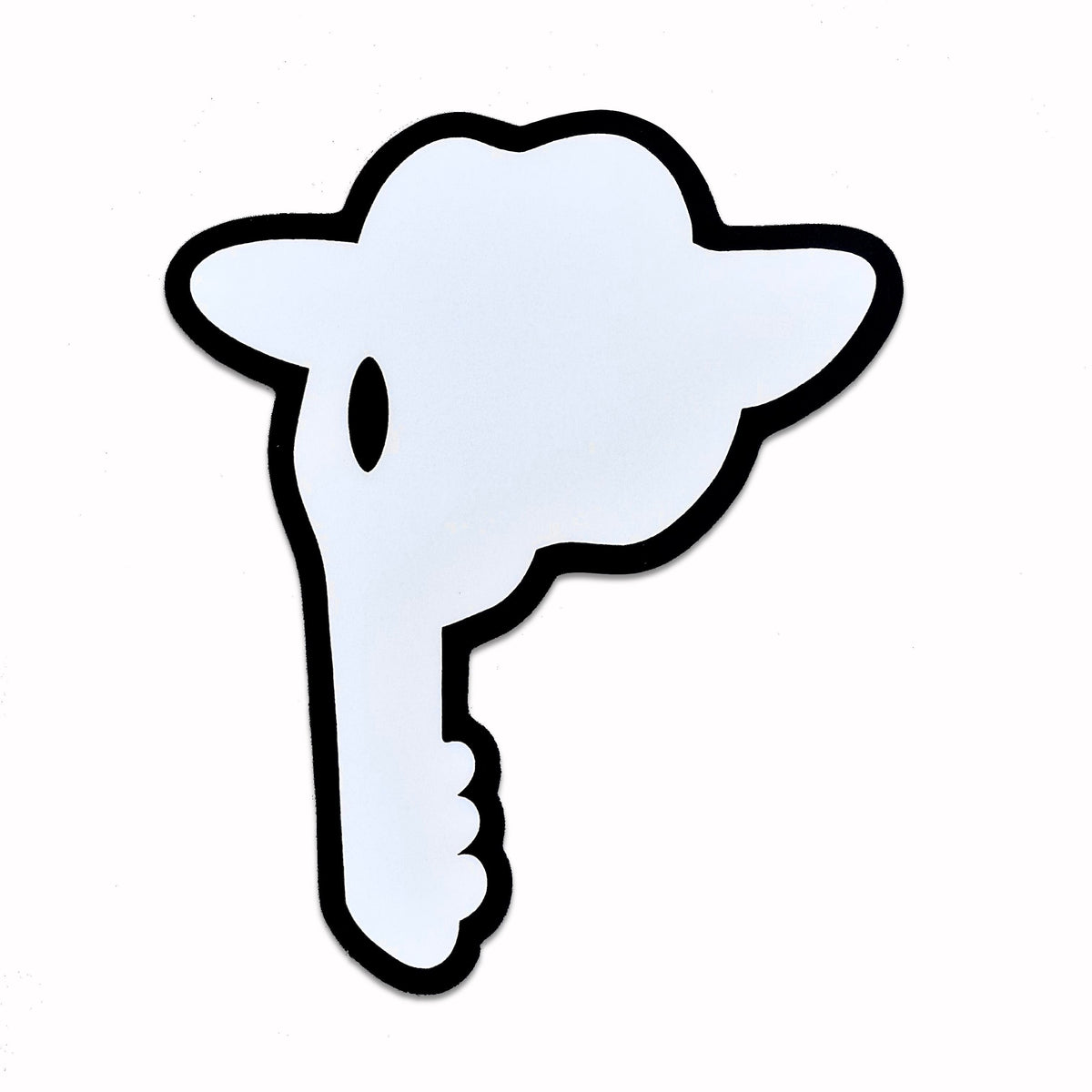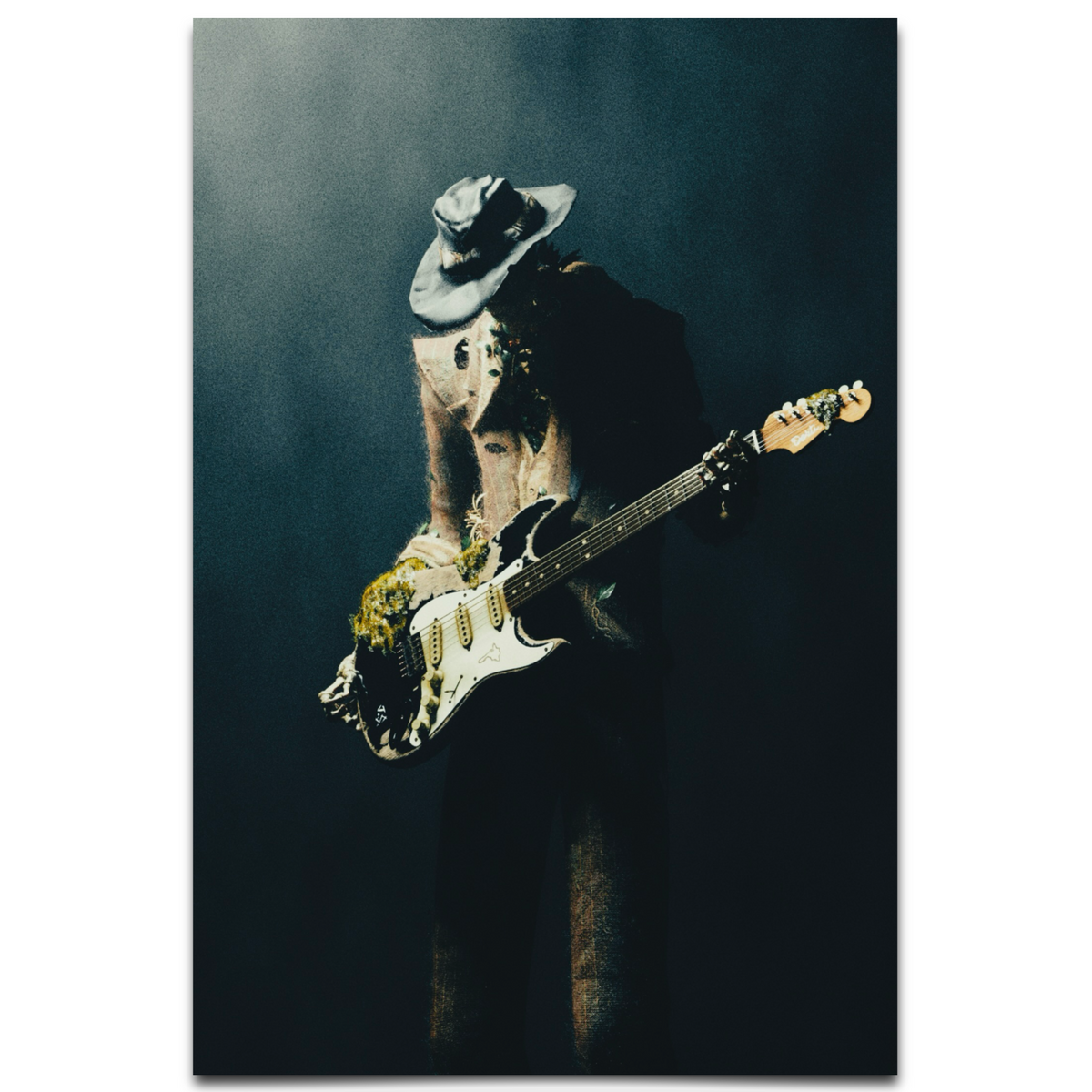The Song That Redefined a Sound
In the late 1970s, Donna Summer emerged as the undisputed queen of disco, a genre that pulsed through the veins of nightlife and reshaped popular music. Her voice, a blend of soulful warmth and commanding power, became synonymous with the era’s shimmering dance floors and uninhibited freedom. By 1977, Summer was riding a wave of success with hits like "Love to Love You Baby," but it was her collaboration with producer Giorgio Moroder on "I Feel Love" that marked a seismic shift in her career and in music itself. Released at the height of disco’s dominance, this track arrived as both a culmination of her early work and a daring leap into the future. At a time when synthesizers were still novel in mainstream pop, Summer and Moroder crafted a sound that felt alien yet irresistibly human. What was it about "I Feel Love" that not only defined disco but also laid the groundwork for electronic music as we know it?
The creation of "I Feel Love" was a serendipitous alchemy of innovation and intuition in the studio. Recorded in 1977 at Musicland Studios in Munich, Germany, the song was born from a session where Moroder experimented with a Moog synthesizer to create a pulsating, repetitive bassline—a radical departure from the orchestral arrangements typical of disco at the time. Moroder, alongside co-producer Pete Bellotte, envisioned a futuristic soundscape, and Summer’s ethereal vocals were layered over this electronic foundation, giving the track an almost otherworldly quality. According to accounts from Moroder, the song came together quickly, with Summer improvising much of her vocal performance in a single take, channeling a raw, emotive energy. The minimalistic structure was intentional, stripping away conventional instrumentation to focus on rhythm and repetition, a choice that felt both risky and revolutionary. This process not only captured Summer’s vocal dynamism but also cemented her as a pioneer willing to push boundaries in a genre often criticized for its formulaic tendencies.
"When we did 'I Feel Love,' it was really with the future in mind. We didn’t know it would become a classic, but we knew it was something completely different."
Inspiration, Emotion, and the Spark of Creation
At its core, "I Feel Love" is a celebration of euphoria and connection, themes that resonate through Summer’s transcendent vocal delivery. The lyrics, simple yet evocative, were inspired by the pure, unadulterated joy of love and dance, reflecting the escapist spirit of the disco era when people sought refuge from societal pressures on the dance floor. Moroder and Bellotte, who co-wrote the song with Summer, aimed to evoke a hypnotic state, mirroring the feeling of losing oneself in music and emotion. This is musically reinforced by the track’s relentless, mechanized beat—created using a sequencer to loop the synth bassline—paired with Summer’s soaring, almost angelic voice, which injects humanity into the machine-driven sound. The contrast between cold electronics and warm vocals creates a tension that mirrors the song’s theme of love as both primal and transcendent. During this period, Summer was at a professional peak but also navigating the intense scrutiny of fame; while not explicitly documented as a personal narrative, the song’s raw emotion suggests a release of her own inner exhilaration. This interplay of technology and soul is what gives "I Feel Love" its timeless emotional pull, inviting listeners to surrender to its rhythm.
When a Track Becomes a Movement
Upon its release in July 1977 as part of Summer’s album "I Remember Yesterday," "I Feel Love" was met with immediate acclaim and became a global sensation. It soared to No. 6 on the Billboard Hot 100 in the United States and hit No. 1 in the UK Singles Chart, cementing its status as a disco anthem. Critics were stunned by its innovation; Rolling Stone later described it as "the sound of the future," while contemporary reviews praised its hypnotic minimalism. The song didn’t just dominate dance floors—it influenced a generation of musicians and producers, becoming a blueprint for genres like house, techno, and trance. Its futuristic sound made it a cultural touchstone, symbolizing disco’s peak and its evolution beyond mere party music. "I Feel Love" transcended its era, sparking a revolution in how electronic elements could be woven into pop, and its impact was felt in clubs and studios worldwide.
What We Miss Between the Lines
Delving into the structure of "I Feel Love," one uncovers a masterclass in minimalism and repetition that belies its apparent simplicity. The song’s foundation is a relentless, arpeggiated bassline generated by a Moog Modular synthesizer, programmed to loop with machine-like precision—a groundbreaking technique at the time that eliminated the need for live bass or drums. This creates a trance-like effect, sustained across nearly six minutes, with subtle variations in synth textures that build tension without ever deviating from the core pulse. Summer’s vocals, layered in harmonies, float above this framework, with phrases like “I feel love” repeated as a mantra, imbued with spiritual and sensual weight. The absence of traditional verse-chorus structure amplifies its hypnotic quality, a choice Moroder later noted was inspired by African tribal rhythms and intended to mimic a meditative state. For musicians, the track remains a study in how restraint and innovation can coexist, proving that less can indeed be more when executed with such visionary precision.
- Release Date: July 2, 1977
- Producer: Giorgio Moroder and Pete Bellotte
- Chart Peak: No. 6 on Billboard Hot 100; No. 1 on UK Singles Chart
- Notable Lyric: “I feel love, I feel love, I feel love”
- Instrumentation: Moog Modular synthesizer, sequenced bassline, layered vocal harmonies
- Recording Location: Musicland Studios, Munich, Germany
Why This Song Still Matters
More than four decades after its release, "I Feel Love" endures as a cornerstone of modern music, its influence echoing across genres and generations. It has been sampled and covered by artists ranging from Madonna to Sam Smith, and its distinctive synth pulse can be heard in countless electronic tracks, underscoring its role as a progenitor of dance music. The song has appeared in films, commercials, and cultural retrospectives, often invoked as a symbol of the 1970s’ fearless creativity. Modern producers like Daft Punk and Kraftwerk have cited it as a foundational influence, with Moroder himself remixing it for contemporary audiences. Its legacy lies not just in its innovation but in its ability to evoke raw emotion through synthetic sound—a paradox that continues to captivate listeners. As we navigate an era dominated by digital production, "I Feel Love" remains a reminder of the humanity at the heart of technology, a timeless testament to Donna Summer’s unparalleled ability to make the future feel deeply personal.
























